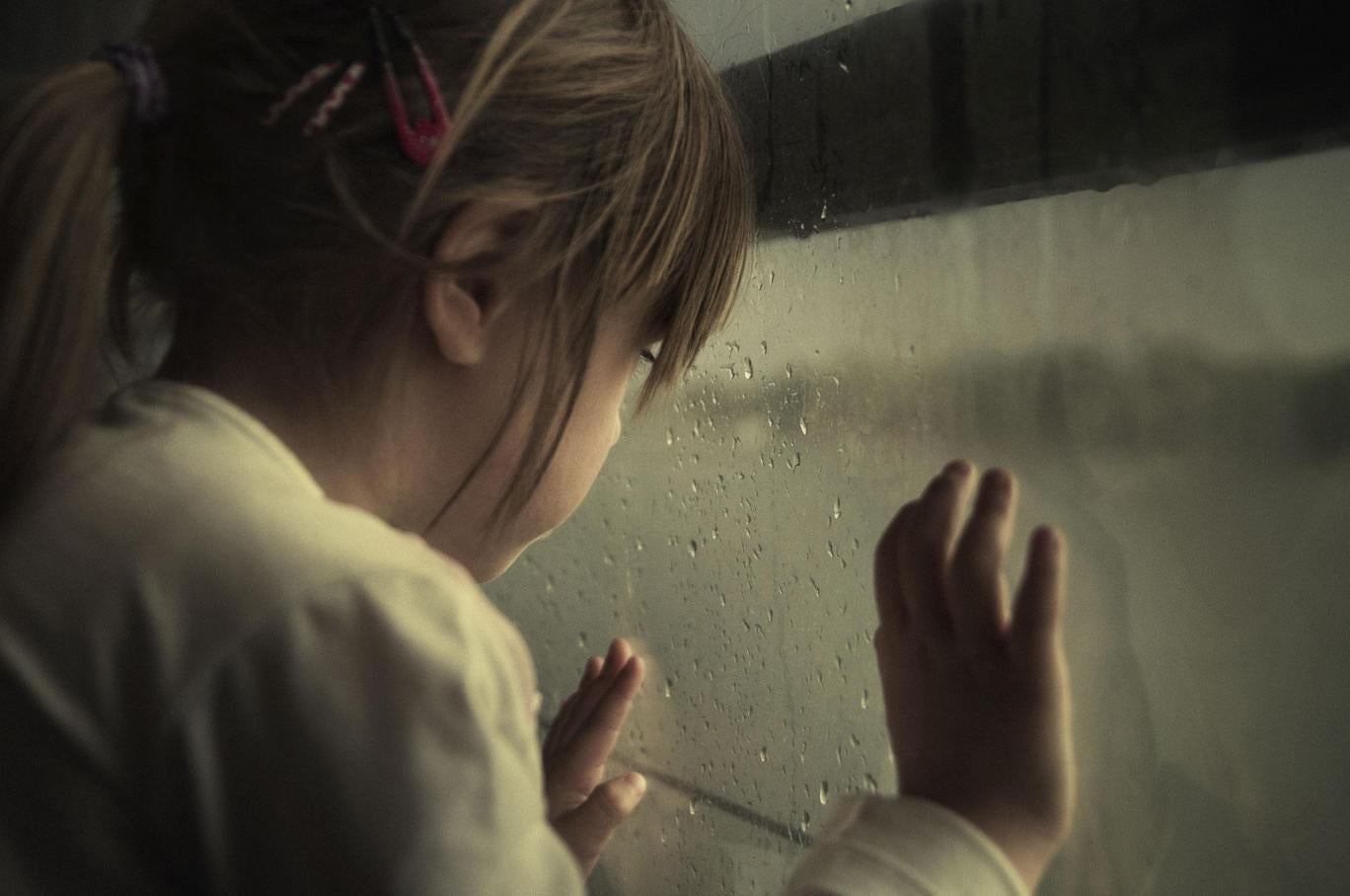1.6 million children in serious risk households left to ‘fend for themselves’, finds report
One in six children in danger of domestic abuse and alcohol misuse in what children's commissioner deems ‘biggest social justice challenge of our time’

One in six children faces serious risks including domestic abuse and alcohol misuse in their own home, with 1.6million left to “fend for themselves”, a major report reveals.
The children’s commissioner found that 2.1 million youngsters needed help, and warned that their plight should be the “biggest social justice challenge of our time”.
But just 570,000 of them receive state support, with charities warning that cuts to council budgets mean local authorities are trying to deliver critical children’s services with “one hand tied behind their backs”.
Council leaders said the situation was becoming unsustainable as more than 270 children are taken into care every day.
Labour’s shadow education secretary Angela Rayner said “relentless” cuts to child protection services and the government’s ”failed austerity project” was hitting the most vulnerable.
“The government’s own figures show that spending on children’s services has already fallen by a tenth since they took power, and they are heading for a £2bn shortfall by 2020,” she said.
“Instead of giving multibillion pound tax breaks to bankers, ministers should ensure the most vulnerable children are protected and supported.”
The report found 890,000 children in England had parents suffering serious mental health problems, 825,000 were living in homes with domestic violence and 100,000 children were living in a family with a “toxic trio” – mental health problems, domestic violence and alcohol and/or substance abuse.
Just 570,000 of these children were receiving official state support, leaving 1.6 million for whom it was unknown if they were getting any sort of formal or structured help – despite their potentially serious family circumstances, according to the findings.
It comes after recent analysis by Labour showed spending on children and young people’s services has been axed by nearly £1bn in real terms over the past six years, with the planned net expenditure suffering a real terms cut of £960m.
Anne Longfield, the children’s commissioner for England, said: “Over a million of the most vulnerable children in England cannot meet their own ambitions because they are being let down by a system that doesn’t recognise or support them – a system that too often leaves them and their families to fend for themselves until crisis point is reached.
“Not every vulnerable child needs state intervention, but this research gives us – in stark detail – the scale of need and the challenges ahead.”
She said meeting the challenges would not be easy or cost-free, and would require additional resources in order to move from a system that “marginalises vulnerable children to one which helps them”.
“Supporting vulnerable children should be the biggest social justice challenge of our time. Every day we see the huge pressures on the family courts, schools and the care systems of failing to take long-term action,” she added.
“We get the society we choose – and at the moment we are choosing to gamble with the futures of hundreds of thousands of children.”
Javed Khan, chief executive of Barnardo’s, said the “shocking” figures brought home the impact of domestic abuse on children.
“We know from our specialist services that they are victims and not just witnesses, even if abuse and violence isn’t aimed directly at them,” he said.
“Research in our services shows many children who have been sexually exploited, or who show harmful sexual behaviour live in households where there is abuse or violence. They are also more likely to be in abusive relationships themselves later in life.”
Imran Hussain, director of policy and campaigns at Action for Children, said it was the most vulnerable children who were paying the price for the “punishing central government cuts to council budgets”.
“Every day, we see families suffering at the hands of domestic abuse, neglect or alcoholism – scars that can stay with children for the rest of their lives,” he said.
“But cash-strapped councils, in an impossible financial position, are being asked to deliver critical children’s services with one hand tied behind their backs.
“The system is failing children all over the country and unless the government takes urgent action in next year’s spending review to address this funding crisis, things will only get worse.”
Cllr Roy Perry, vice chairman of the Local Government Association’s children and young people board, said the report highlighted the “immense” challenge facing councils and their partners as they try to address growing levels of need with “rapidly diminishing” resources.
“We want the government to heed these increasingly urgent warnings and accept the critical need for properly funded children’s services, which face a funding gap of £3bn by 2025 just to keep services running at current levels. This is becoming unsustainable, with many areas struggling to cope.
“This report provides further evidence that children’s services are being pushed to the brink, and desperately need new resources if they are to provide the essential support that our children and young people rely on and deserve.”
The government has been approached for comment.
Subscribe to Independent Premium to bookmark this article
Want to bookmark your favourite articles and stories to read or reference later? Start your Independent Premium subscription today.

Join our commenting forum
Join thought-provoking conversations, follow other Independent readers and see their replies